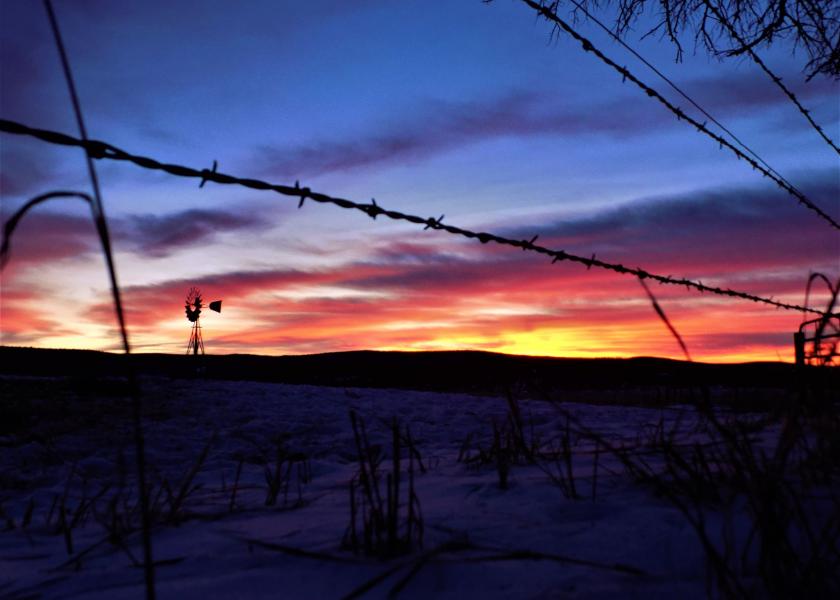How to Advocate for Our Industry

Advocacy is defined as “public support for or recommendation of a particular cause or policy.”
Only 2% of US citizens work in production agriculture. It is a foregone conclusion that virtually everyone reading this article is among that 2%. Therefore, we understand where food comes from, that beef cattle under our care and management have a higher standard of living than if they were released back into the wild.
That beef production serves as a great example of sustainability and over the long-term the grazing ecosystem (consisting of soil, plants and cattle) can and does flourish when managed according to science and good animal husbandry. The point of this week’s topic is to help understand that the other 98% of our population are far removed from production agriculture and therefore have a limited understanding of that knowledge.
Two to three generations ago, a much larger share of the U.S. population was directly involved in the production of food. As a result of our efficiency, technology and good management in a free enterprise economy, US citizens spend a smaller percentage of their disposable income on food than any other country in the world. Our high degree of efficiency has resulted in only 2% of our population being “needed” to produce food.
The beef industry is not unique in this respect. The dairy, grain production and poultry industries have all dramatically improved production capabilities and efficiency over the past 50 – 60 years. The efficiency of production agriculture has created the perception that food can be taken for granted. Our business plan should include helping consumers (the other 98%) understand beef production and advocating for our industry.
How do we advocate for our industry?
- Share your story. Engage with people and build relationships. Production agriculture is a way of life as well as a business. Connect and communicate your story, tell others about your business, what you do and the industry you are a part of.
- Get involved. Join your county, state or national cattlemen’s association. Information about the Oklahoma Cattlemen’s Association and The National Cattlemen’s Beef Association can be accessed at the links below:
- Earn your MBA! The Masters of Beef Advocacy is your go-to program for training and resources to be a strong advocate for the beef community. This is a free, self-guided online course which can be accessed at the link below:
https://www.beefitswhatsfordinner.com/masters-of-beef-advocacy
Change is inevitable. The drovers and cowboys involved in the cattle drives along the Chisholm Trail during the 1870s when America acquired a taste for beef, would not recognize the beef industry of 2023. The perseverance, adaptability and hard work of American cattlemen has permitted the beef industry to sustain, survive and thrive for 150 years while meeting the consuming public’s demand for our product. It is our responsibility to represent our industry and tell our story.
As cattle producers we care for animals that are capable of taking fibrous plants (undigestible by humans) and turning them into a nutrient dense, healthy and delicious food for mankind. Embrace the opportunity to share your story and advocate for your industry.







